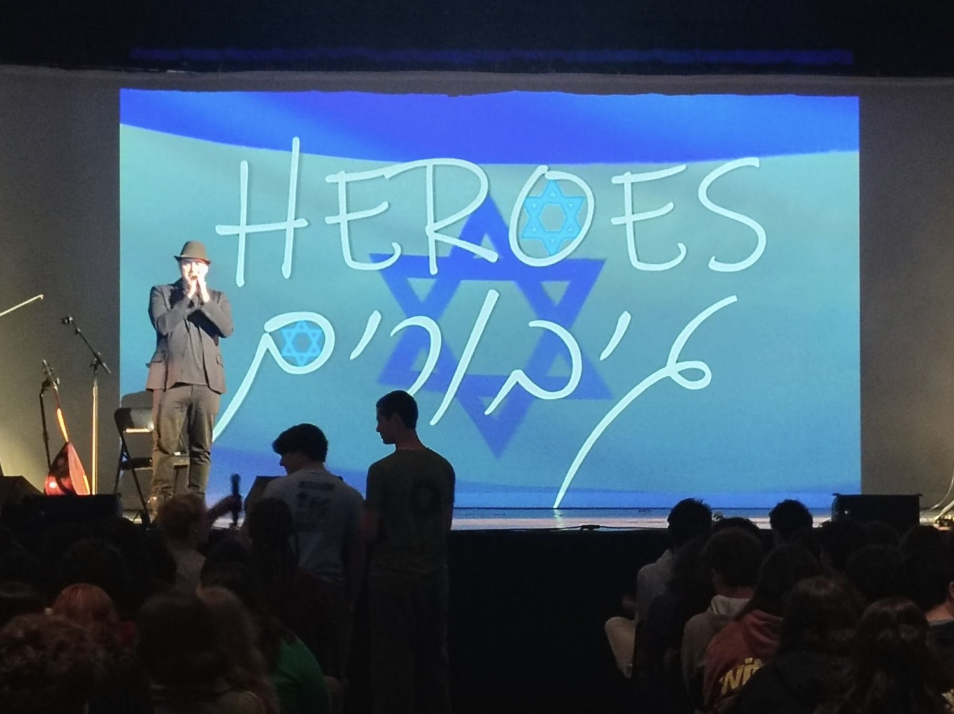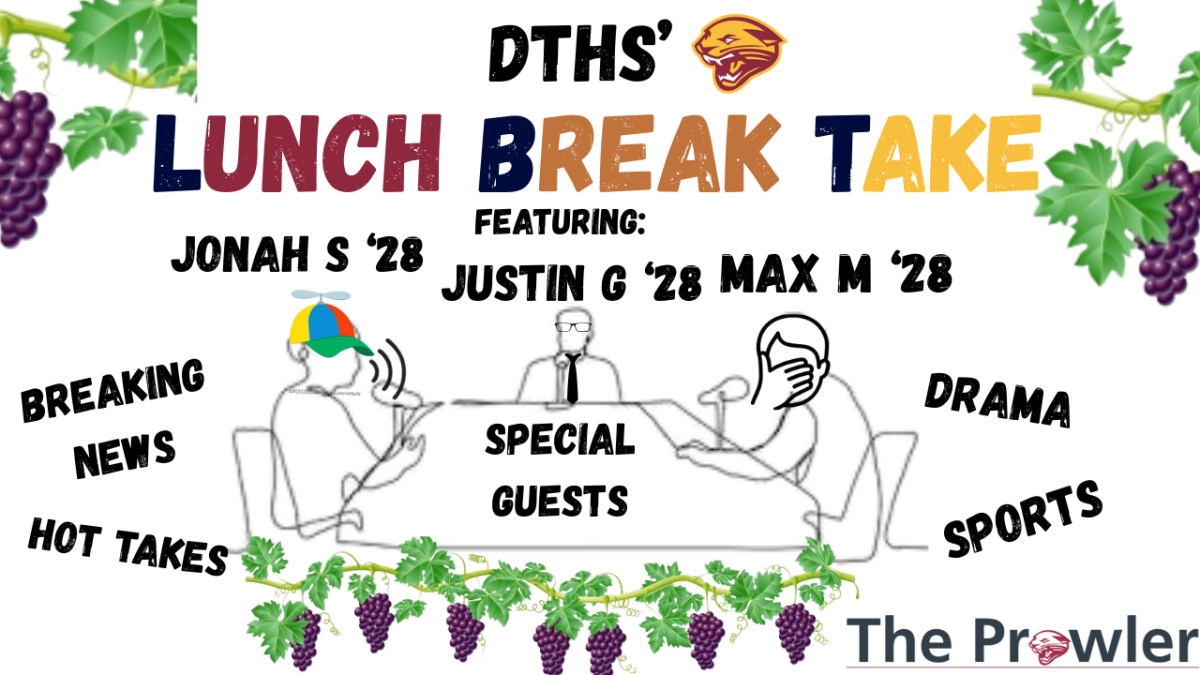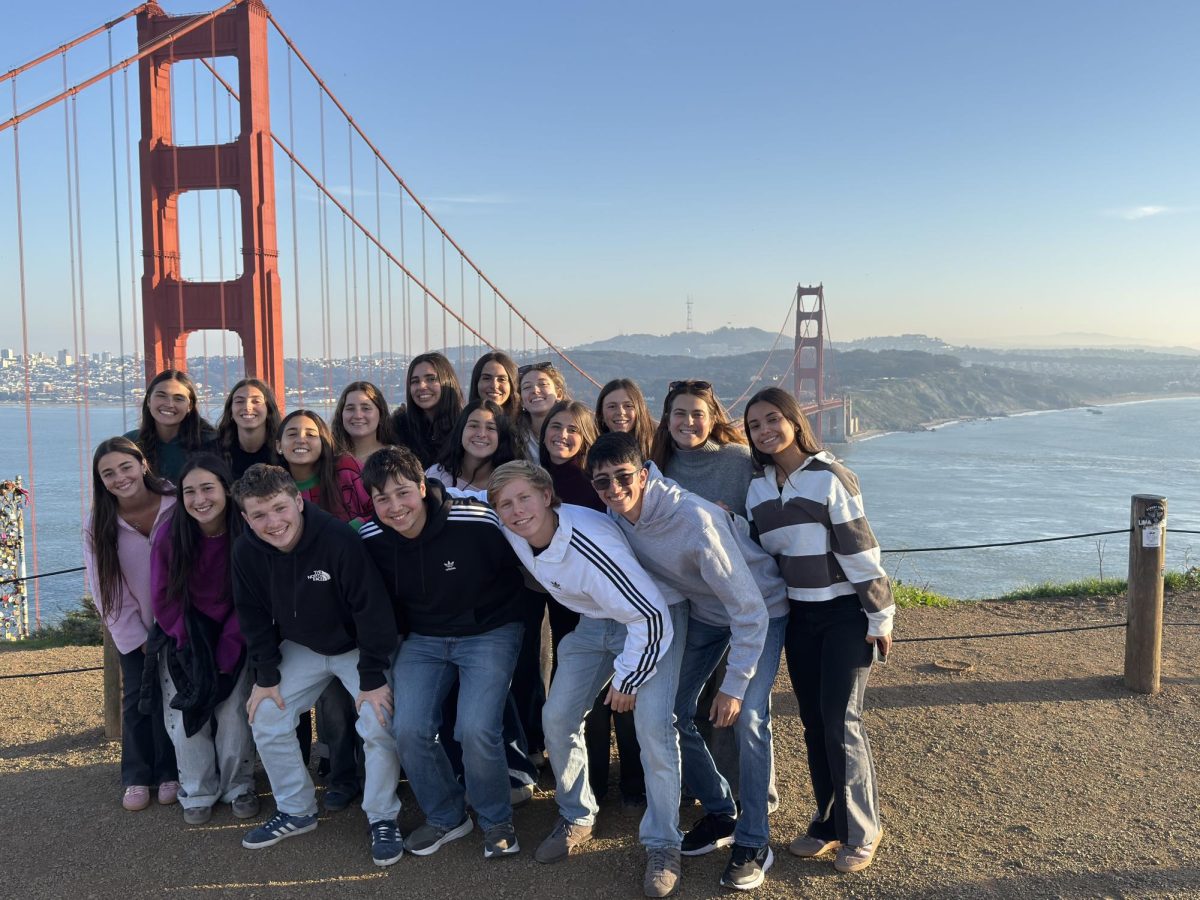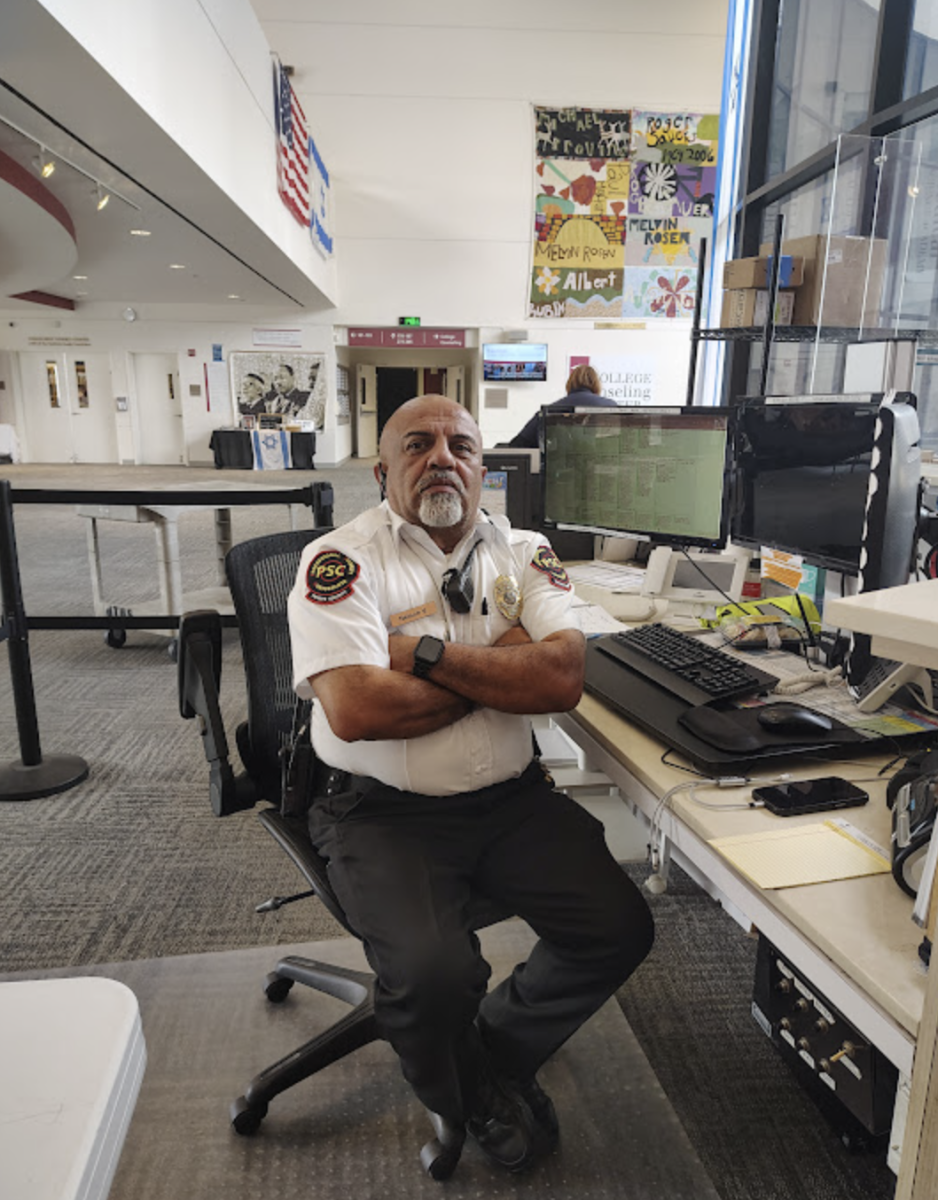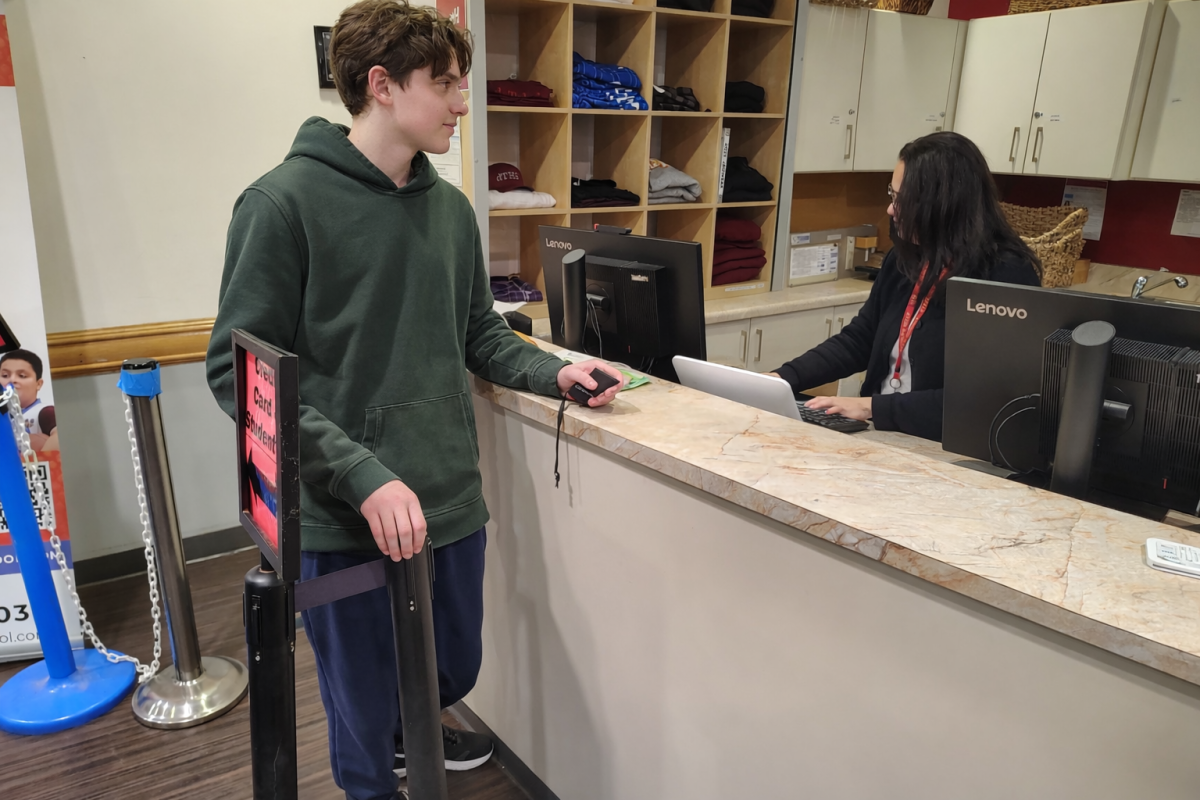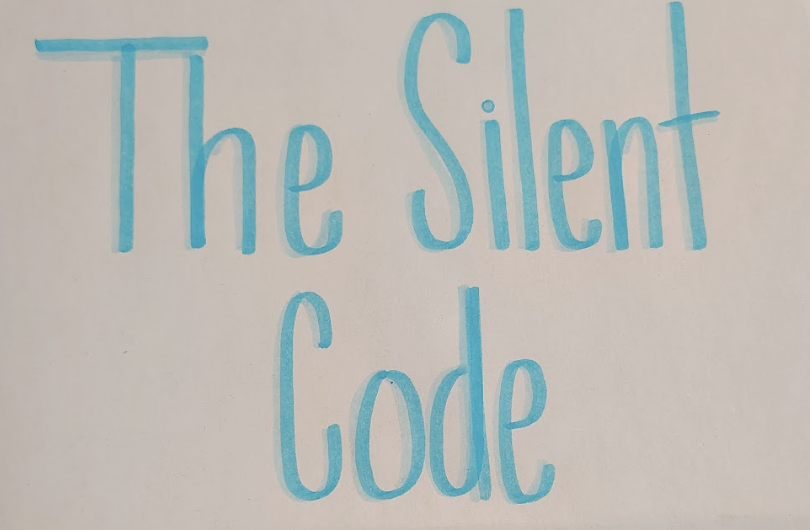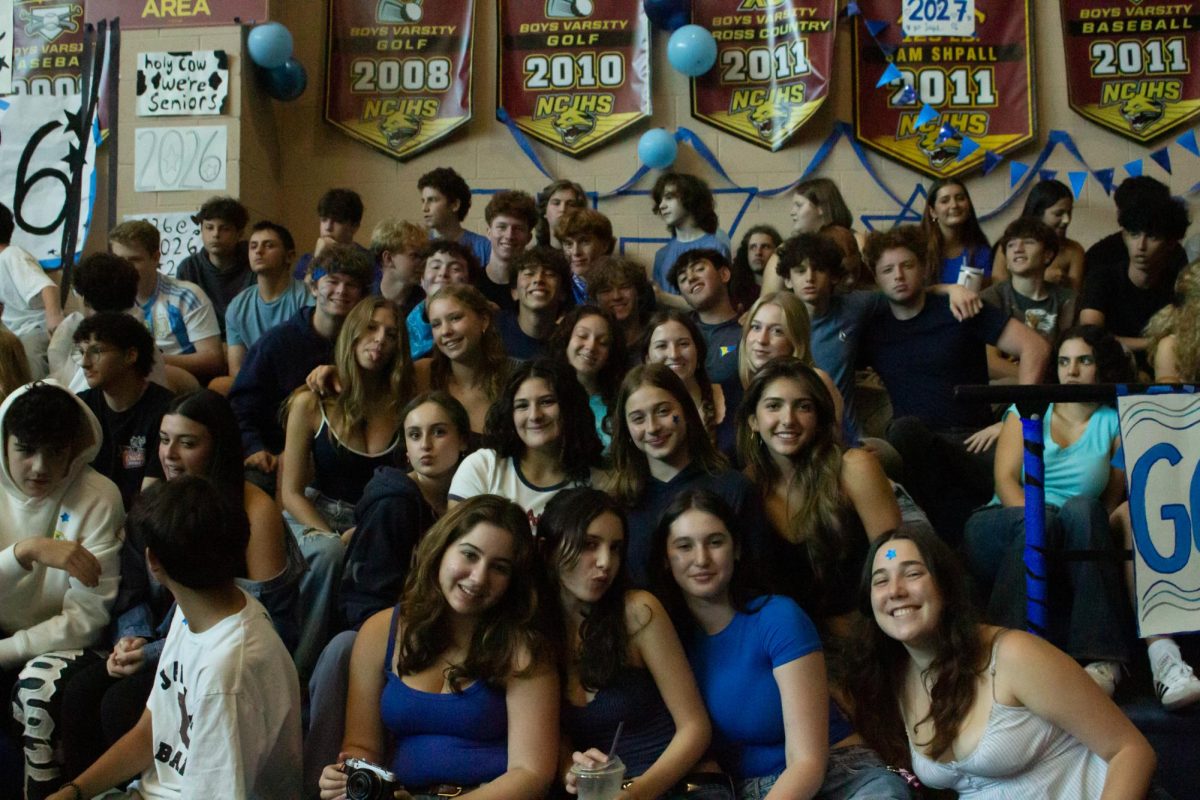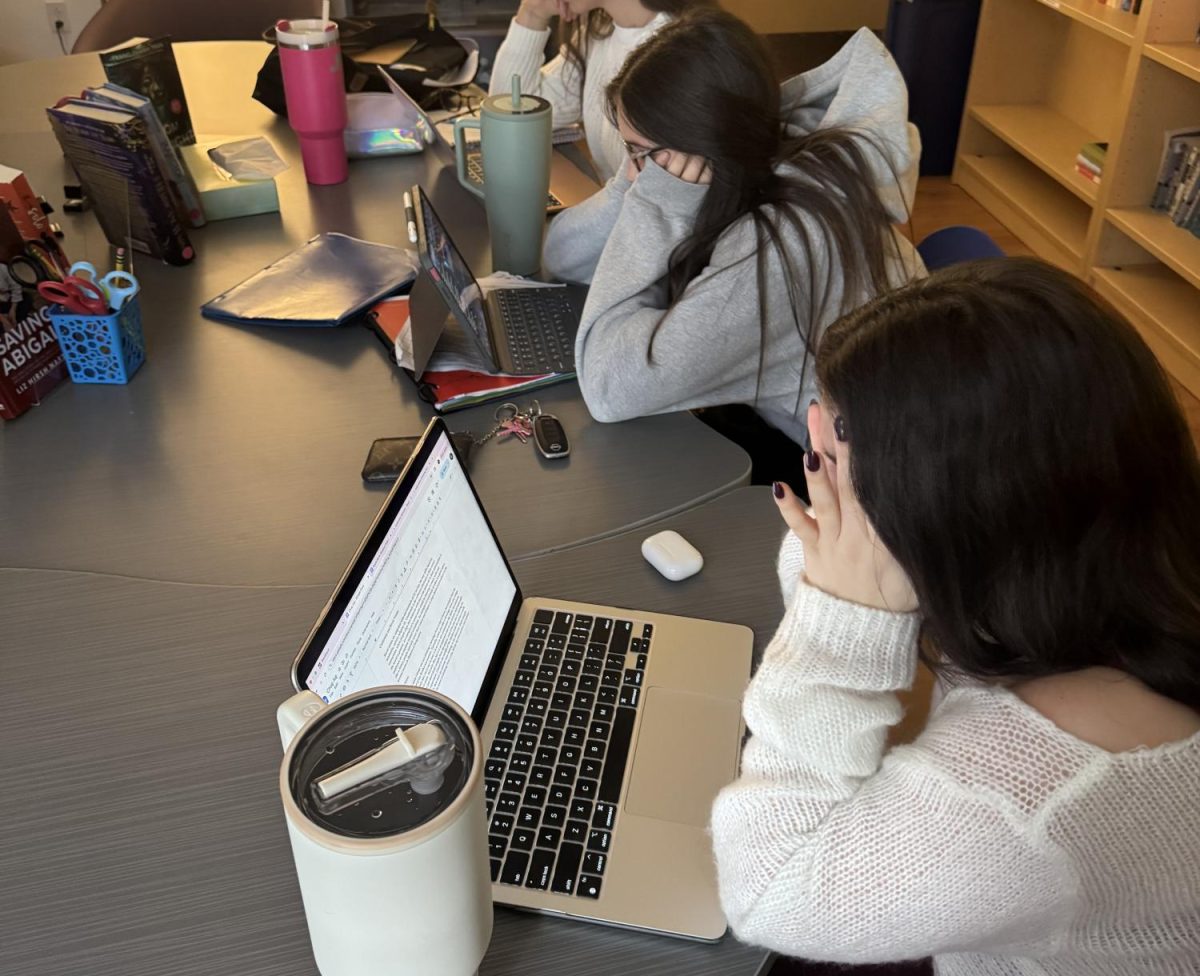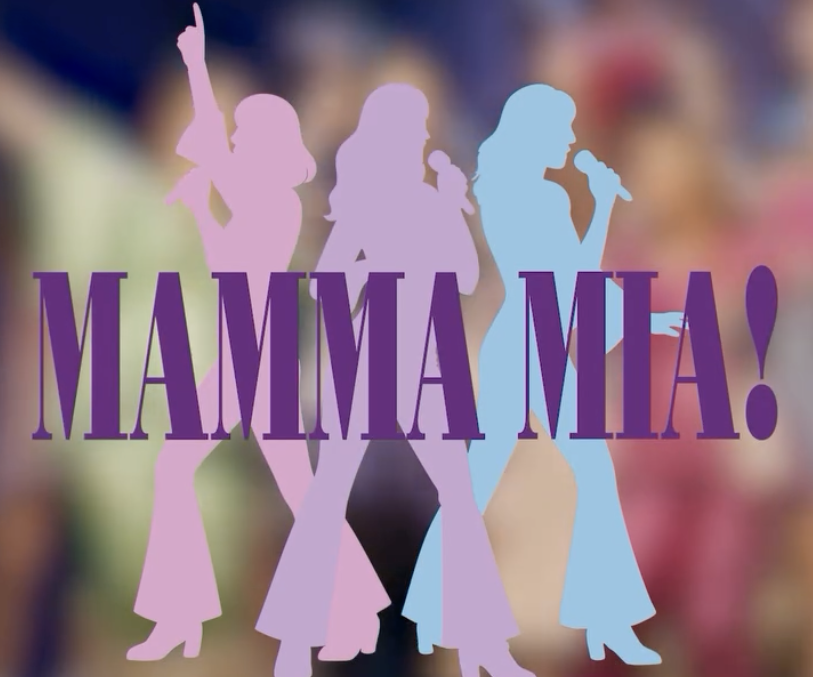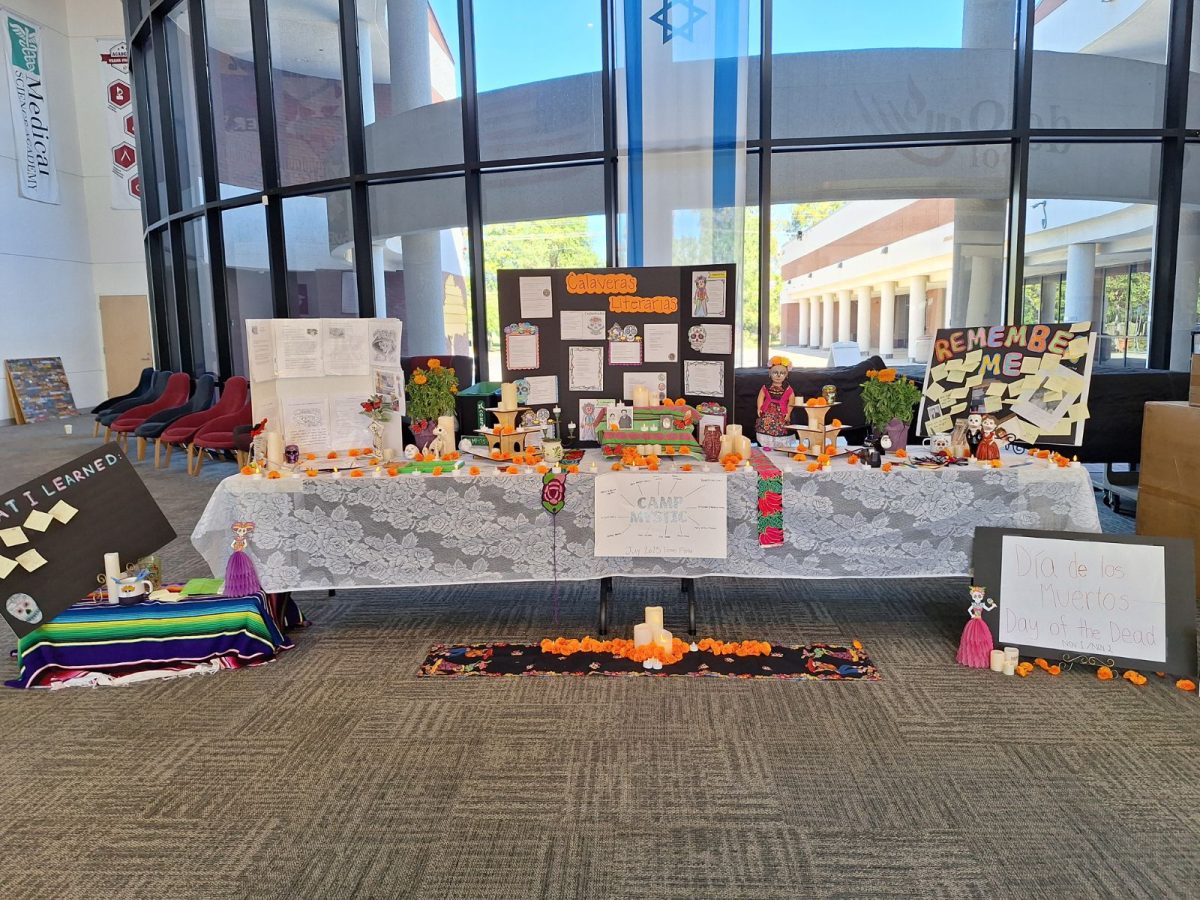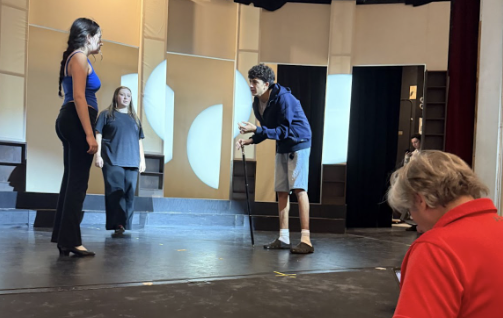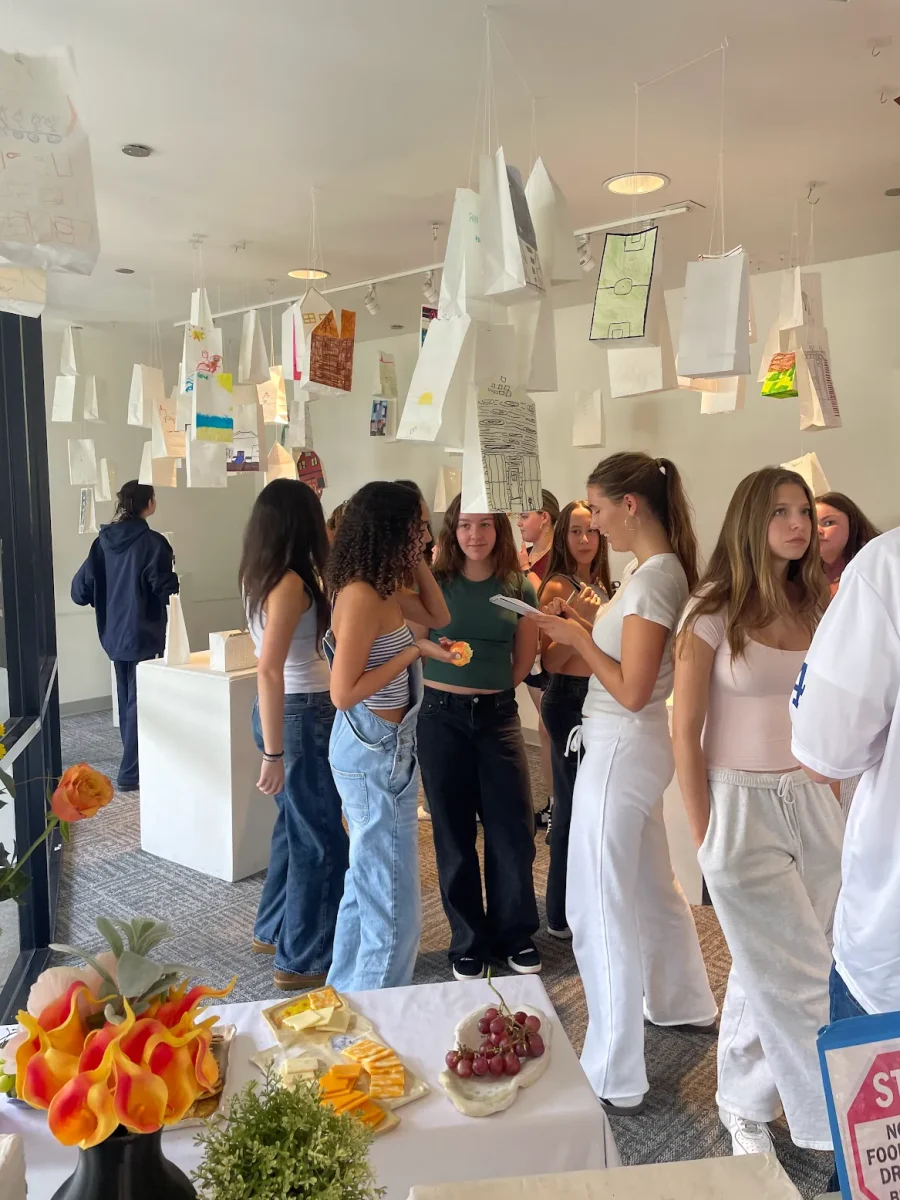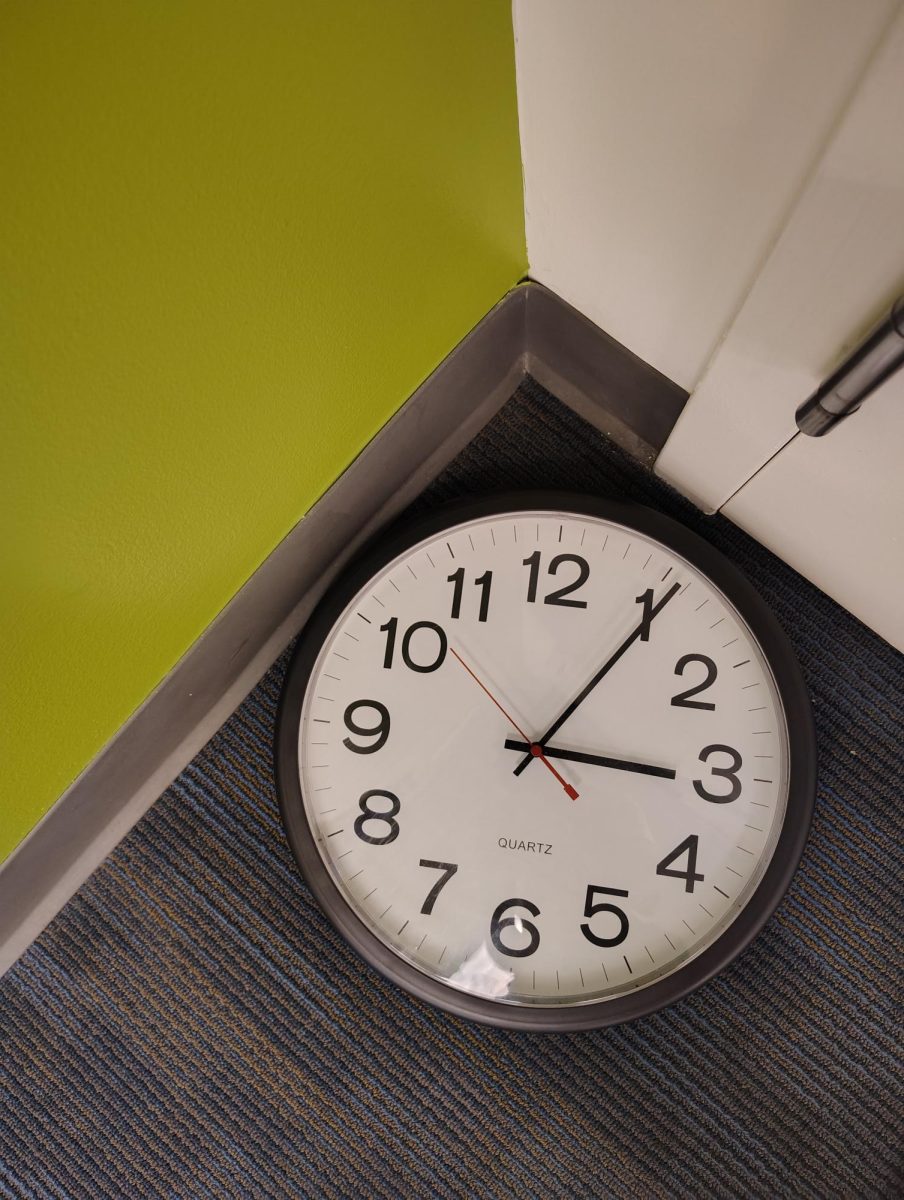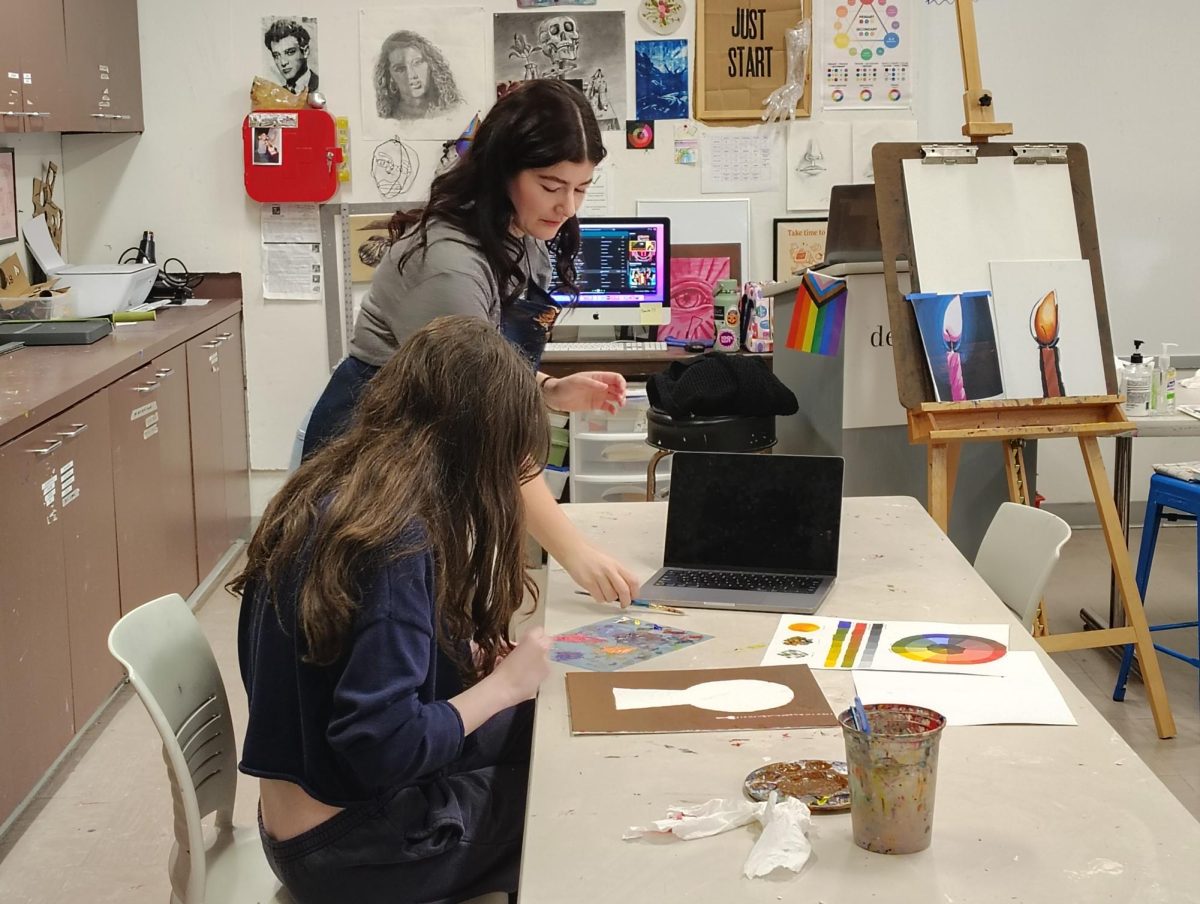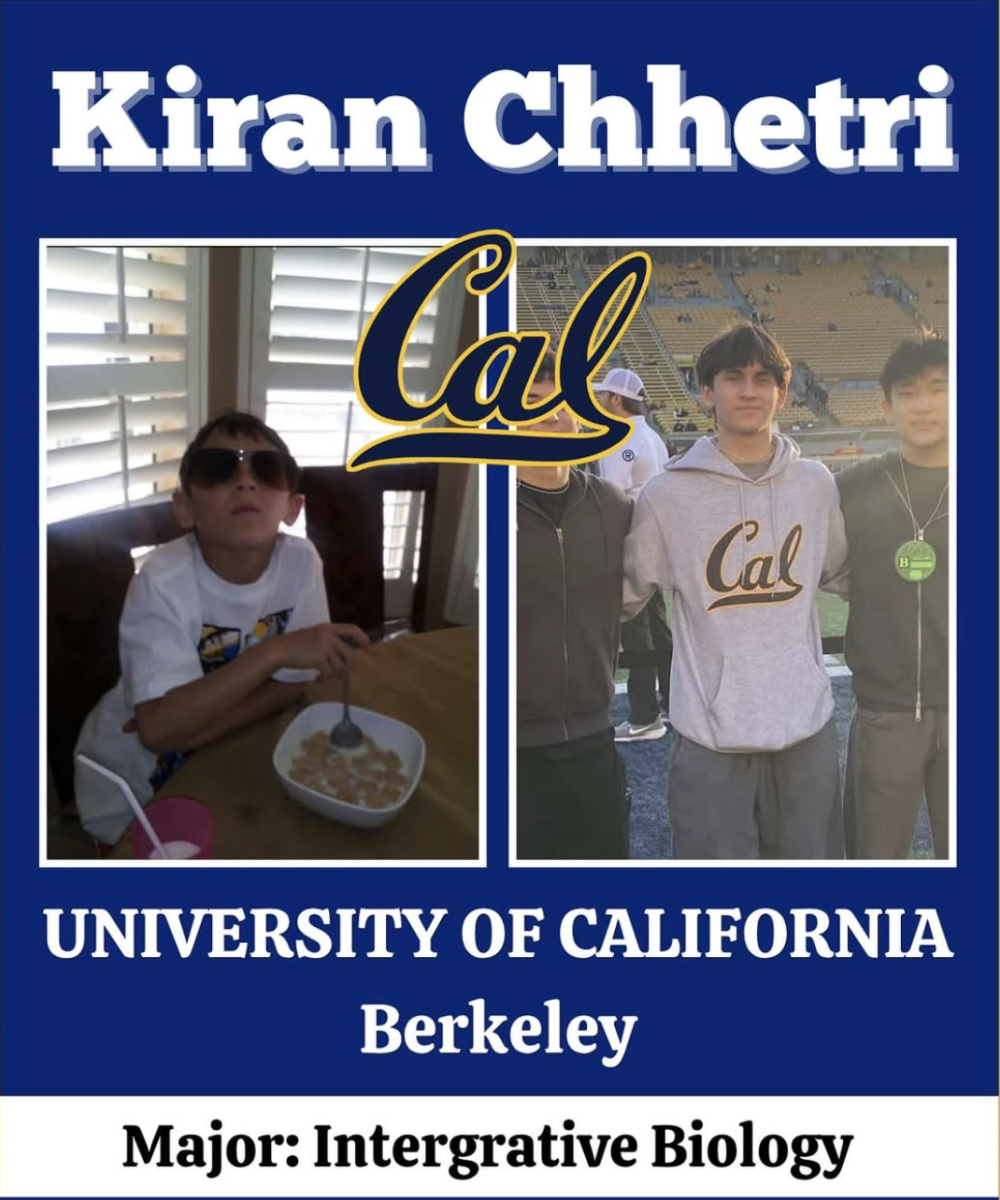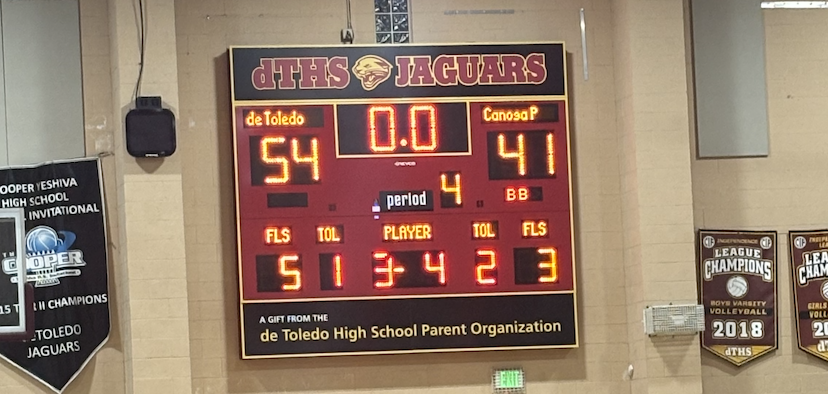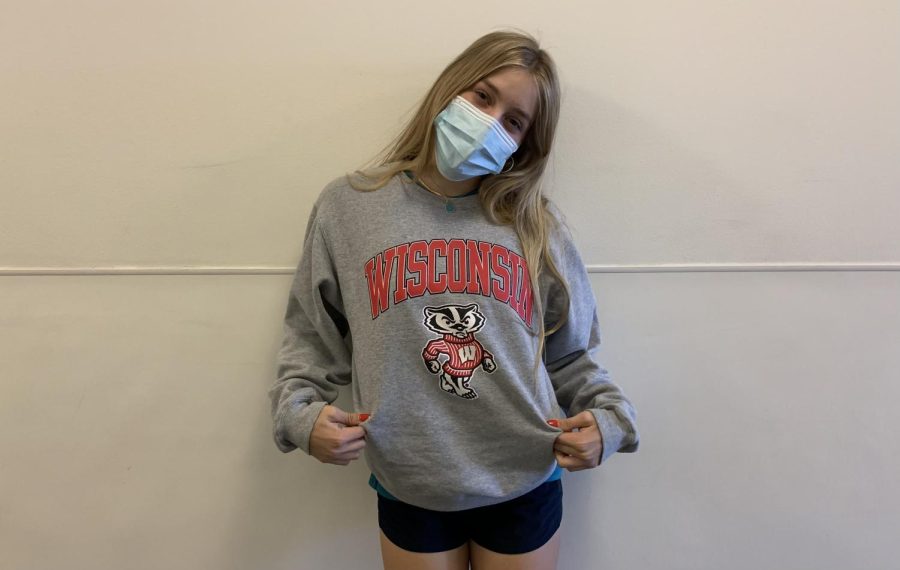The Stigmatization of Gap Years
It’s time we normalize ‘bridge’ years.
Willow G (’23) sports her go-to Wisconsin sweatshirt, but is elite, higher education the only post-high school option?
The opinions expressed in this article are the author’s own and do not necessarily represent the views of The Prowler.
For most American teens, or at least the ones who are privileged enough, the path beyond high school is clear – go to college, study the perfect major related to your wanted job, find a place to work, and the rest of your adulthood goes from there.
The expectation and assumption that we’ve come to as a society that college is automatically what’s best for a student, and is the only path for a growing person, is pervasive. Have we ever stopped to think about whether we students are ready for such a commitment? If the education system feeding us into another two, four, even eight years of school is what will really challenge us? That, maybe, a bridge between the world of adolescence and independence is needed? That’s where a gap year comes in. Taking a gap year is extremely effective in clarifying your goals, exploring versatile post-schooling options, and in the long run makes you a happier, more well-rounded person.
The idea of a gap year sounds most inviting to those of us students who are unsure of what we want to study or do in life.
A 2020 study of gap year alumni by the Gap Year Association (GYA), a nonprofit organization at the head of coordination and verification of almost all gap year programs, found that 97% of respondents believe their gap year improved self confidence, 78% claim their gap year influenced what they chose to study in college afterwards, and 81% state that their gap year was a significant influence in their choice of career. Most importantly, these alumni’s gap years did not only affirm their academic and professional goals, 94% of respondents maintained that their experience also influenced and strengthened their personal goals. With such a large majority of alumni agreeing that the challenge helped provide clarity in their goals, it is hard to deny the correlation between experiential learning and decisiveness with your future.
As stated by the GYA, “no two gap years are the same.” The amount of opportunities, programs, jobs, and experiences available to those who choose to take a semester or year off from conventional schooling are boundless.
Take Ted Conover, a now 63-year-old, Pulitzer Prize winning author, and professor for the Arthur L. Carter Journalism Institute of New York University, who took a year off before college to participate in the Volunteers for Service to America organization while catching freight trains with hoboes.
Or Kara Nelson, a now 42-year-old professor at the University of California Berkeley, who worked a part-time job to pay bills while teaching in a migrant camp in Zimbabwe.
Or even Cory Mason, who took a year break during college to be a project manager for Habitat for Humanity, hammering homes together before becoming a Wisconsin state representative.
What all of these experiences have in common are the discoveries they uncover. After the structured setting of high school, a gap year allows you to make more choices about where you live, what you eat, how you schedule your day, and how you finance your life, whether you’re a part of a program or not. And because it’s not done under the auspices of the normative first-year college experience, gap years are cultivated almost entirely by you, a year tailored to what you need. That’s what’s most enticing about it. These anecdotes are examples of the wide variety of gap year options there are out there, and how a productive, planned out gap year, regardless of how unorthodox it may sound, is beneficial.
If the point of a gap year is to find yourself, though, you must be wondering: “How do participants turn out in the long run? Do they have a clearer perception of who they are? Are they the fully developed people they seeked to become?”
The National Library of Medicine’s PMS Lab conducted a study in 2020 to measure the difference between medical residents who took a gap year before entering medical school and those who didn’t. The results were stunning. Those who had taken a gap year scored higher in emotional intelligence and interpersonal relationship skills. Composites that graded stress management, happiness, self-expression, self-perception, and decision making all scored higher for those who marked that they had taken a gap year. And though medical students normally take their gap years later in life because of their unusual, rigorous academics, the effects proven in this study are still applicable to those who choose to take a gap year earlier. The study concludes critical thinking, flexibility, and collaboration as traits increased by the experience of a gap year. Forget grade-based success and forget profession-based success – when it comes down to it, you become a better human being by taking a gap year.
It’s important we know we have options. In a world where college decisions are posted on Instagram, future majors are a common topic in classrooms, and the looming inevitability of college applications are often discussed, it’s hard to feel as though life has any other course.
The stigma that a gap year is just a year off needs to be challenged. If anything, a gap year is a year on – a year with more purpose, passion, and productivity than any other year of your young adulthood. Can you imagine anything that requires more diligence than actually taking charge of your life? It’s time educators, parents, and schools see a student’s fully self-actualized growth as the goal – not just success with college admission. By giving students the space, knowledge, and opportunity to play with ideas of what comes after high school, we can begin the process of becoming our best selves.
It’s time that “bridge” years be normalized.



